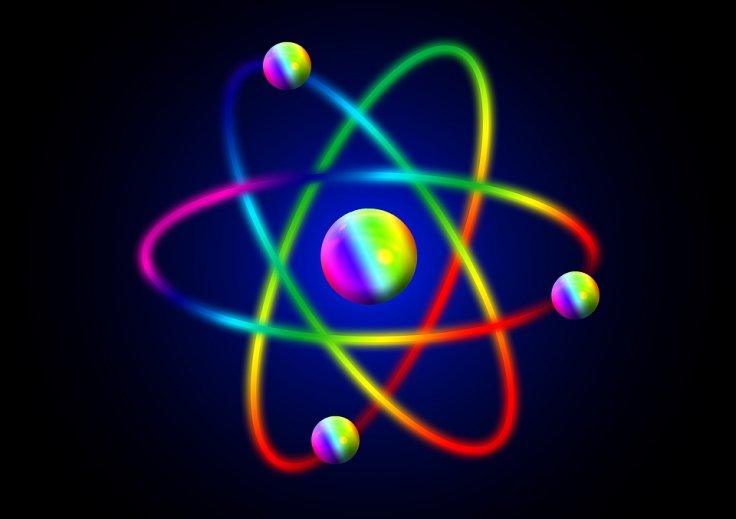
Einstein's special theory of relativity has predicted a weird form of matter, and scientists are on the verge of finding it. The recent development that could change several laws of contemporary physics is based on a very strange, yet possible theory -- what happens when particles will not collide, but miss in the world's largest particle accelerator?
Scientists have been looking for this mysterious state of matter for the past decade, and now, researchers at the world's largest particle collider believe that they are very close to unveiling this weird form of matter.
Physicists at the Large Hadron Collider (LHC) are apparently looking for this missing matter which they have named color glass condensate. As per the standard model of physics, gluon is a fundamental particle that held together 98 percent of the matter in the universe. Glouns are also responsible for the force that glues together quarks to form protons and neutrons.
As protons get accelerated to the near speed of light, the concentration of gluons inside them skyrockets.
"In these cases, gluons split into pairs of gluons with lower energies, and such gluons split themselves subsequently, and so forth. At some point, the splitting of gluons inside the proton reaches a limit at which the multiplication of gluons ceases to increase. Such a state is known as the color glass condensate, a hypothesized phase of matter that is thought to exist in very high-energy protons and as well as in heavy nuclei," said Daniel Tapia Takaki, an associate professor of physics and astronomy at the University of Kansas in a recently issued statement.
Scientists believe that color gas condensate could explain many unsolved mysteries of physics. But until now, no expert has succeeded in proving the existence of this weird form of matter. However, in 2000, scientists at the Brookhaven National Laboratory found the first signs that this matter could exist.
Even though the existence of color gas condensate remains a mystery now, Tapia Takaki and his research team members believe that secrets associated with this mysterious form of matter will be unveiled soon.









